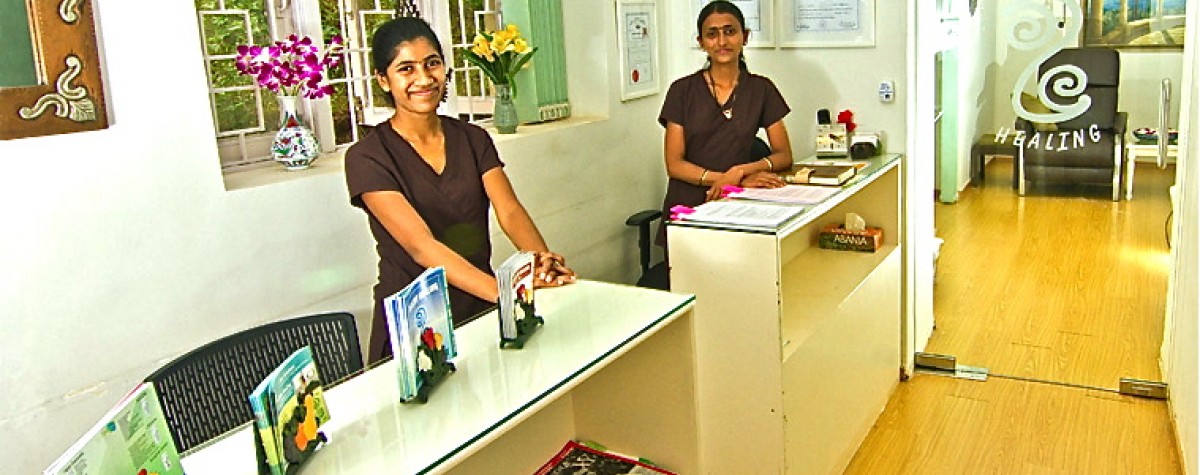Integrative Medicine
What Is Integrative Healing or Medicine?
Integrative medicine is all-inclusive. Whatever is good for the patient's journey to health, integrative medicine will make it part of the process. The name indicates as much. From this follows, that integrative medicine does not constitute a separate treatment form, or branch of medicine. Rather integrative medicine takes a unified perspective on all questions of health and disease. It achieves its successes through the mixing and matching of approaches from different forms of medicine both conventional and non-conventional, on a case-by-case basis.To Address Causes - Not to Suppress Symptoms
The integrative approach involves a focus entirely different from conventional medicine. It is based on a different mindset, both in the physician as well as in the client: Integrative medicine, like naturopathy, has the health, not the disease of the person as its overall concern. Conventional medicine tries to eliminate a symptom, or a set of symptoms - unfortunately in most cases just by suppressing them. The symptoms are being swept under the carpet, from where they continue to feed into the persistent causes that just won't go away. Integrative medicine has a different approach. It always tries to understand the cause or set of causes first, and then go to work and eliminate them.Integrative medicine and conventional medicine are two distinctly different treatment styles. Conventional medicine takes the short-term view and goes for relief via suppression of symptoms. Integrative medicine is interested in the bigger picture and in complete success.
However, there are many areas where conventional approaches can become part and serve their purpose in healing. It would be foolish to shun some of the unquestionable advances made in modern medicine.
The Doctor/Patient Dialogue
Integrative medicine is non-authoritarian. Doctor and patient are both experts with regard to the patient's relative state of health or disease, albeit coming from different angles. Nobody else knows the patient's habits and life as well as the patient himself. In this sense, he or she is the expert and can offer crucial information. The integrative physician on the other hand can provide expert knowledge and guidance, especially with regard to the detoxification protocols needed for body and mind, in order to let balance re-establish and reaffirm itself in the patient's life.From the client, integrative requires more than passive subservience to the treatment plan and following the physician's instructions. For it to be fully successful, integrative medicine needs the client to participate and contribute actively - and in the future it requests of the patient to become proactive.





